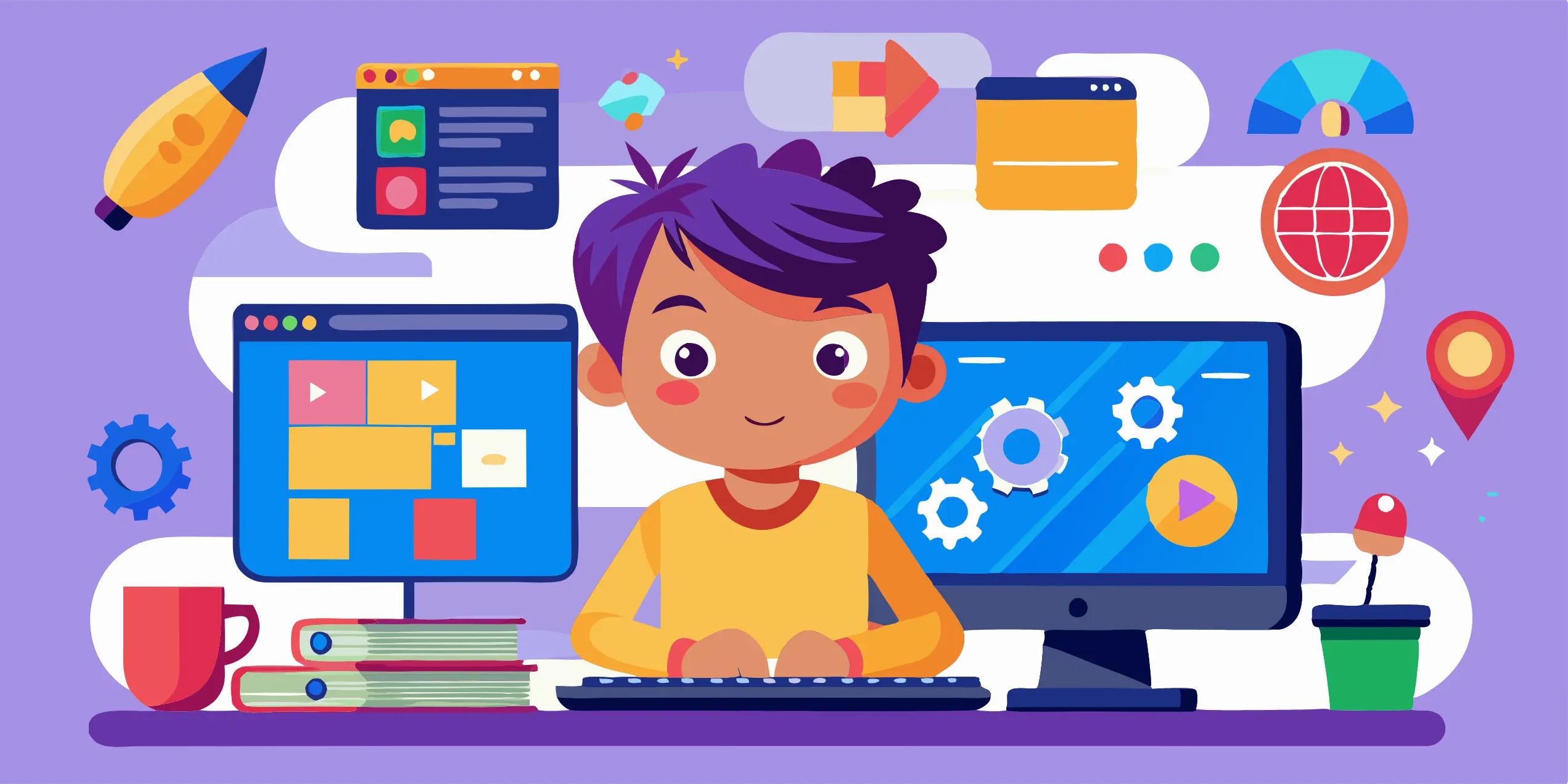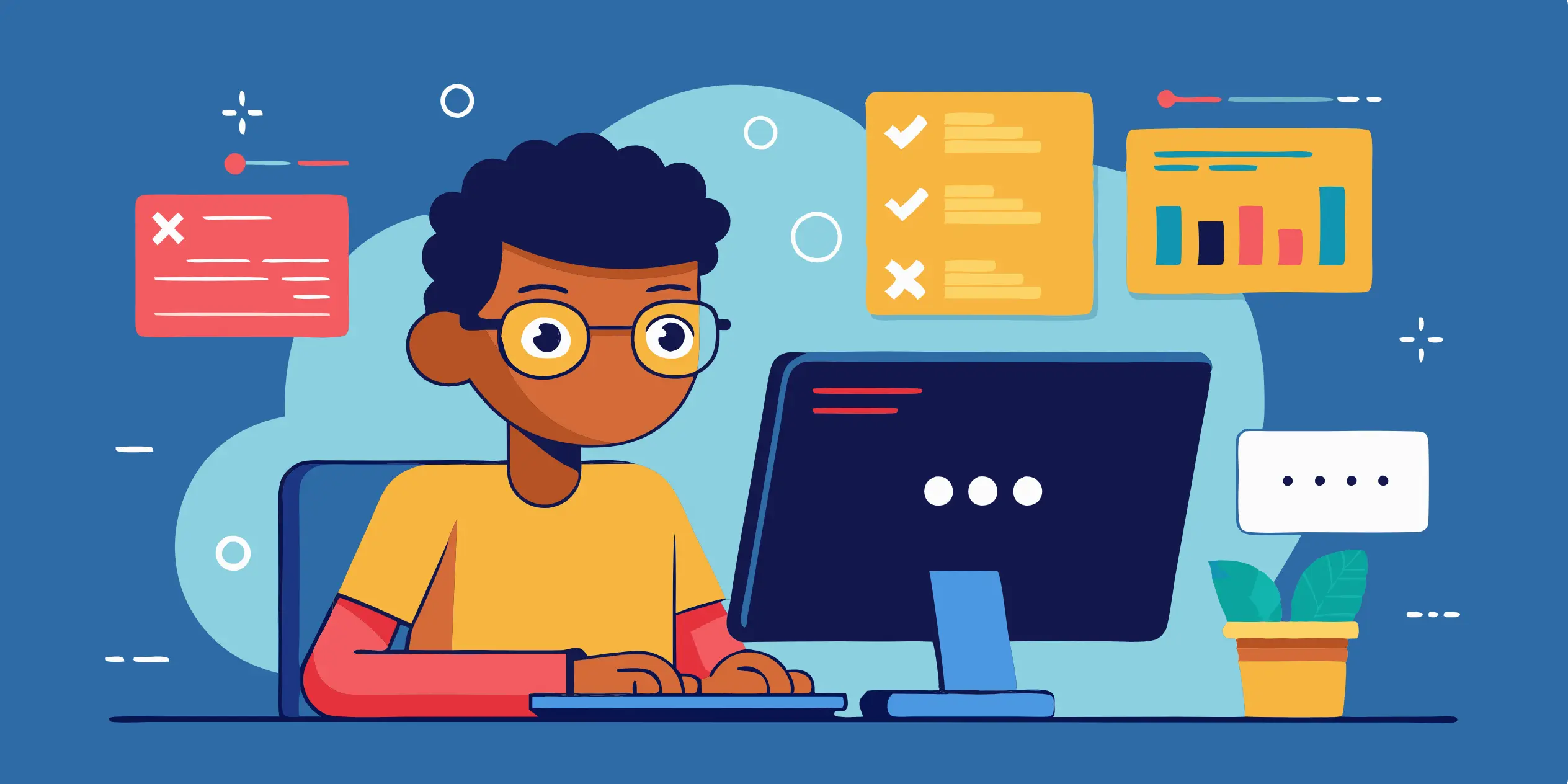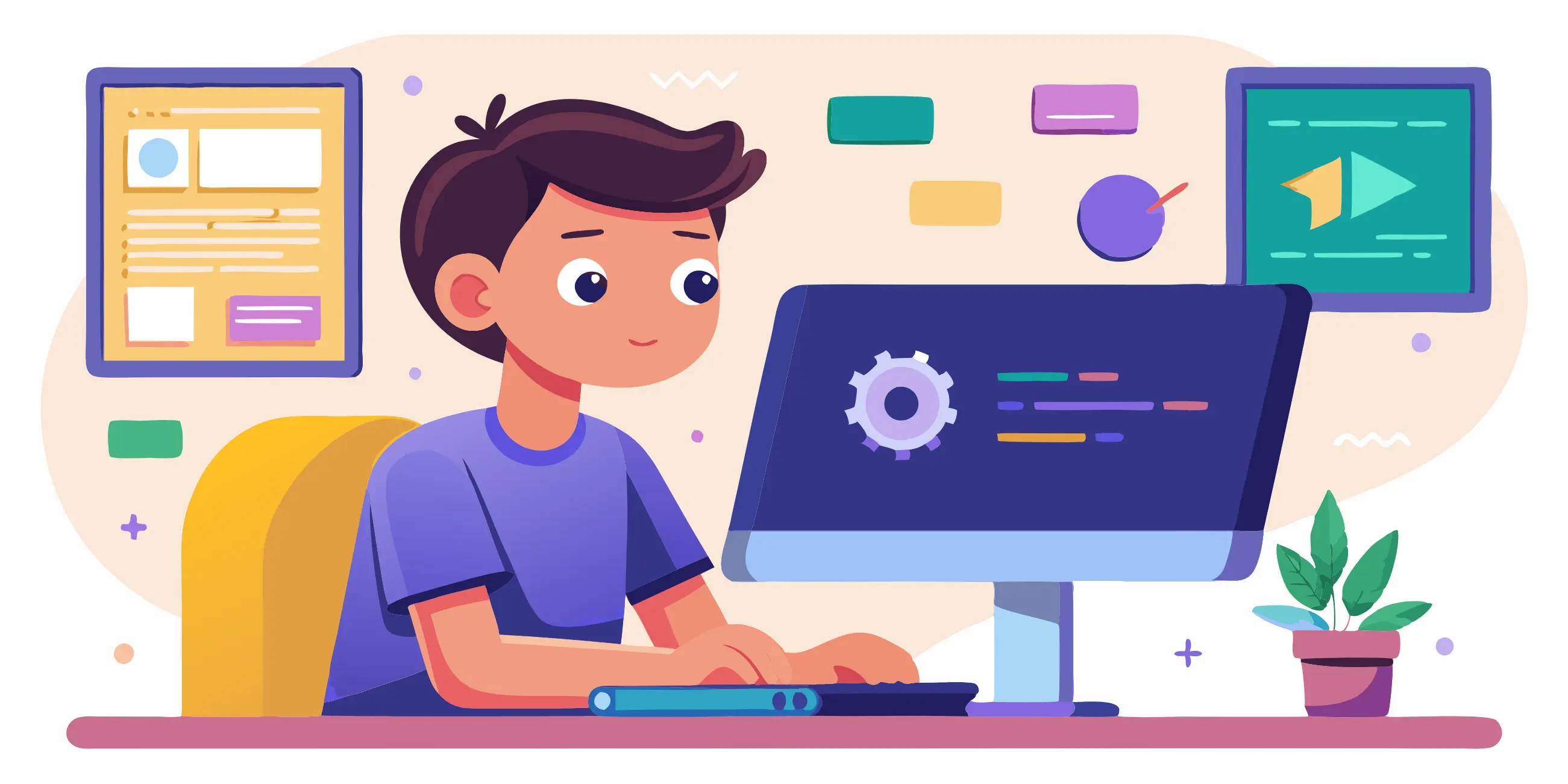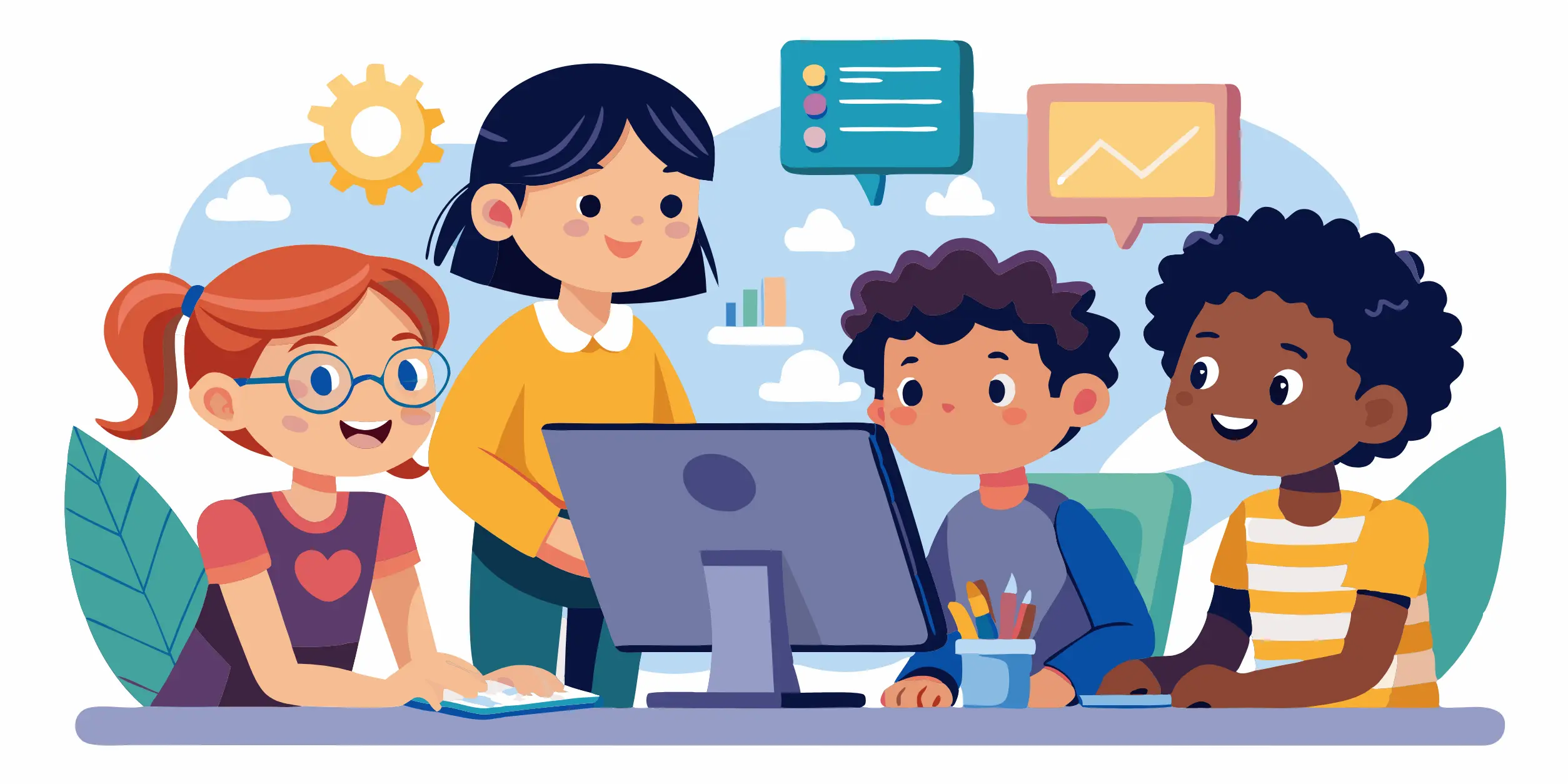Coding has become an important factor in our modern and advanced lifestyle. Electronic devices we use regularly, such as laptops, TVs, and even traffic lights, require code to function as we desire. Coding and programming are used interchangeably.
There are about 274 coding languages that are approved according to the TIOBE index. Since anyone can invent their language, several thousand languages are not in much use, enough to be considered noteworthy. The popular languages include JavaScript, Java, Python, C and C++ and then many more.
Coding/ Programming as a career choice
Considering today’s upcoming age, coding as a career is a great occupational and professional path. Depending on the person’s coding skills, they can choose different professional careers such as cyber security, software development, software engineering, data science, Product management and computer programming to name a few from a long list of options. Furthermore, all coding professionals get an excellent, pretty above the national average. Hence, it is a good idea to choose code as a career. Another interesting fact about this career path is that the working environment will be full of compatible and like-minded people and colleagues. And also, because it will always keep one on their peak senses, and with the knowledge of latest tech, as well, that is always advancing.
Coding in Early Education
In today’s digital age, coding is becoming an essential skill for children, much like learning to read and write. Early exposure to coding offers significant benefits beyond professional careers, acting as a new form of literacy that aligns with technological advancements. Coding not only enhances problem-solving skills but also supports interests in science, games, and technology. As technology evolves, the value of coding knowledge grows, making it increasingly important for students to start learning it early. Professional guidance can help children develop coding skills, providing a strong foundation for their future endeavors, regardless of their chosen career path. Here are five key reasons why introducing coding at an early age is beneficial.
Coding Boosts Creativity
Coding fosters creativity by allowing individuals to transform basic templates into innovative apps, games, and websites. It encourages children to experiment and explore new ideas, enhancing their problem-solving skills and boosting their confidence as they achieve desired results. Regular challenges and constructive feedback keep young learners engaged and motivated, further developing their creative thinking. By continuously experimenting and seeking solutions, children build crucial skills that extend beyond coding, making it a valuable tool for nurturing creativity and problem-solving abilities.

Coding Develops Persistence
Persistence is a crucial trait, especially for young learners who often face challenges and setbacks. Coding helps children develop this trait by requiring them to repeatedly tackle problems and refine their projects until they find effective solutions. The process of debugging and iterating fosters a mindset that views failures as learning opportunities rather than obstacles. As children overcome coding challenges and achieve even small victories, they gain confidence and motivation to persist through future difficulties. This ability to persevere becomes a key factor in their academic and career success.

Coding Develops Resilience
Resilience cannot be taught but learned through a series of experiences. Even young children need to face different sorts of experiences to be able to develop their resilience skills. Another amazing benefit of coding is that it would make them practice and build resilience as well. This is because whenever they hit a wall, they need to look for a solution to move forward. If the first solution does not work, then try the second one, if that does not work then try the third and so on until there is a solution. This method, called ‘debugging’, is well sought after in the professional world, and is half the fun of coding. Another important reason why children should learn coding as it teaches patience, continuous effort and resilience.

Coding Enhances Digital Literacy
In today’s tech-driven world, digital literacy is essential for navigating both professional and personal tasks. Technology supports various aspects of life, making it crucial for children to become digitally literate. Coding, while not yet universally required, is becoming increasingly important as it is integral to many digital platforms. Learning to code helps children understand and engage with technology more meaningfully, preparing them for a future where digital skills are indispensable. Starting coding early equips the next generation with essential skills for their future.
Coding Enhances Communication Skills
Learning how to code is the same as learning a new language. When a person learns a language, they become better at communication as well. Unlike the common conception that coding is an individual activity, it is teamwork, comprising different roles, all working for the same goal. Enrolling young learners in coding classes can become an efficient way to develop their team-building, team-managing and communication skills. And good and confident communication skills permit children to boost their social skills and enlarge their social circle with diversity and quality, and all this will bring a positive impact on their academic, personal and professional lives and a healthy self-image.




